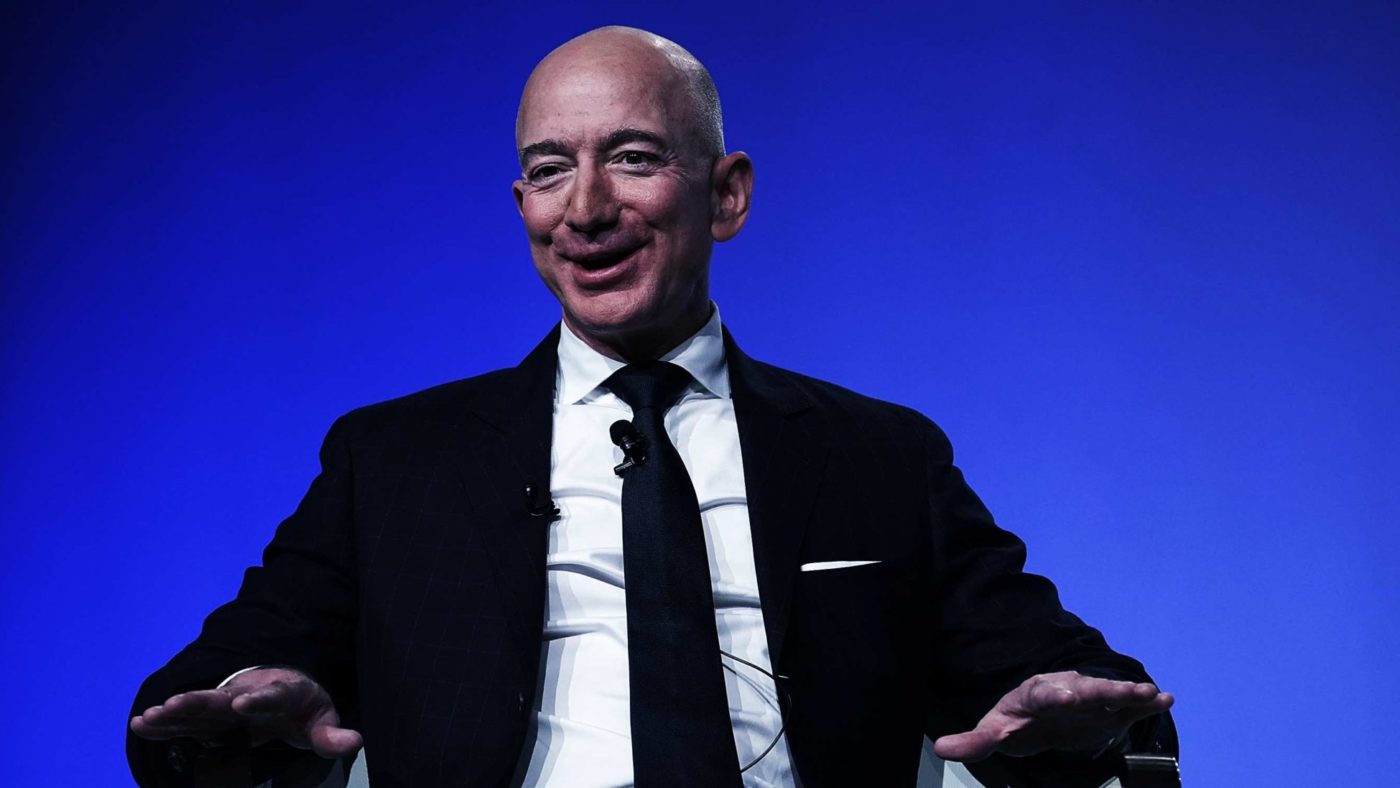The increasing focus on executive pay reveals the politics of envy at the heart of the contemporary British left.
The High Pay Centre, an odd name for an organisation that hates people getting paid well, and the Chartered Institute of Personnel and Development (CIPD), have announced that the average FTSE100 CEO has now earned the equivalent of the typical British worker’s salary for the whole of 2019. They claim this is a “failure in corporate governance” and that remuneration committees should reduce CEO pay.
What the High Pay Centre do not properly consider are the unintended consequences of limiting of executive pay. If British companies are not allowed to remunerate their top talent at competitive pay levels it would lead to a loss of vital skills. Executives are extremely mobile. They can easily close their laptop in London and open it up again in New York, Hong Kong or Sydney. If British companies cannot hire the best because of limits on pay we can expect firms to either relocate offshore or perform worse, leading to fewer jobs and lower salaries for workers.
The reason why CEOs are well paid is because they are fundamental to the prospects of a company. Good or bad leadership can make or break a firm. Apple was almost irrelevant before Steve Jobs returned in 1997. Amazon would not be a global powerhouse without Jeff Bezos. Tesla and SpaceX are unimaginable without Elon Musk.
Profitability, investment and sales growth decline when a CEO dies, is hospitalised, or experiences a death in the family. As Ben Southwood has previously pointed out, when Thomas Cook boss Harriet Green left the organisation an astonishing £400m was wiped off the market capitalisation: substantially more than her £3m salary.
There is also evidence that leadership has become more important over time, which helps explain why CEO salaries have grown. A 2016 study found, from analysis of 240 sudden and unexpected CEO deaths over the last six decades, that investors are increasingly reactive to CEO deaths. This isn’t just caused by the resulting instability — share price increases following unexpected CEO departures are also getting larger. Shareholders, those with most at stake in a business, “view CEOs as increasingly important drivers of firm outcomes, good and bad, versus their peers from decades earlier”.
It is also not clear that reducing CEO wages would have much impact on average wages. There are a lot more workers than there are CEOs. Even if CEO pay was substantially reduced, and this money was reallocated to each worker, it would have only a minuscule impact on average pay. If the entirety of FTSE100 CEO remuneration was redistributed equally to each British worker it would boost the average salary by less than £1.50 a month—and that’s before factoring in the hit to pay packets from hobbling the competitiveness and productivity of UK firms.
All of which goes to show that pulling down the best and brightest in the business world does not do much to help workers.
If the high pay activists actually cared about worker wages they would be talking about how we can increase productivity. As Nobel prize winning economist Paul Krugman has said, “Productivity isn’t everything, but in the long run it is almost everything”. Higher productivity means higher wages, because when workers are producing more per hour of work they are more valuable and can be paid more.
Two hundred years ago 90 per cent of people in the world lived in extreme poverty — today, less than 10 per cent do, despite the global population being far larger. Meanwhile, British incomes have increased twelve-fold in the same period and almost nobody lives in extreme poverty in the UK. It takes just 95 days for the average British worker to earn the median global worker earns in a year. The reason for this propensity is that British workers produce a lot more value for every hour they work.
Rather than talk about redistributing a small pie, like those who focus on executive pay and inequality, we should focus on making everyone richer by expanding the pie. This is the only method that has ever worked. In practice, this means finding ways to encourage innovation and technological progress, by, for example, cutting overbearing red tape and making it easier for people to move jobs by addressing the housing crisis.
We must free our businesspeople and entrepreneurs to make us all richer, not play a silly zero sum game based on the politics of envy.


